Generality
Fructosamine is a glycosylated protein, the plasma dosage of which is useful in short-term glycemic control and in monitoring antidiabetic therapy.
In the blood, fructosamine is spontaneously generated by the non-enzymatic glycosylation reaction involving glucose and some serum proteins; it therefore represents an index of the concentration of stably glycosylated serum proteins (mainly albumin).
The degree of protein glycation, therefore the blood values of fructosamine, depend on the plasma glucose concentration (GLUCOSE).
The higher the average blood glucose values, the higher the fructosamine, which will therefore be particularly high in the diabetic who is not compensated by "adequate hypoglycemic therapy.
The dosage of serum fructosamine is especially useful in periodic monitoring, to evaluate the efficacy of treatment against diabetes mellitus.
In particular, the dosage of fructosamine, by means of chromatography, reflects the trend of the metabolic compensation in the time interval between 1 and 3 weeks prior to sampling.

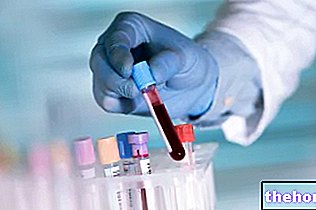
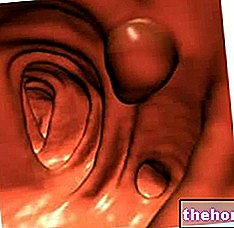
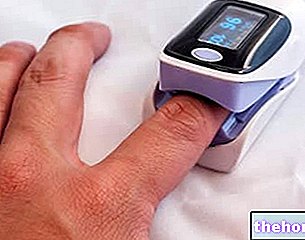
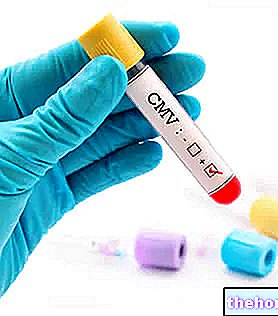
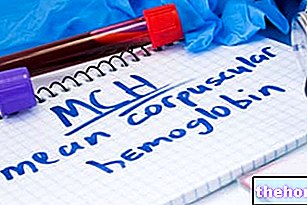
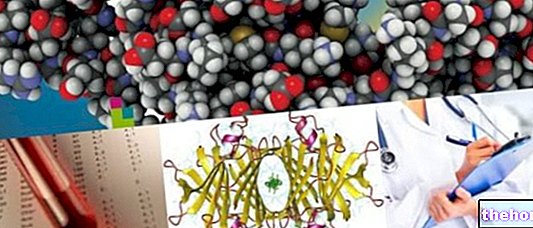









.jpg)











